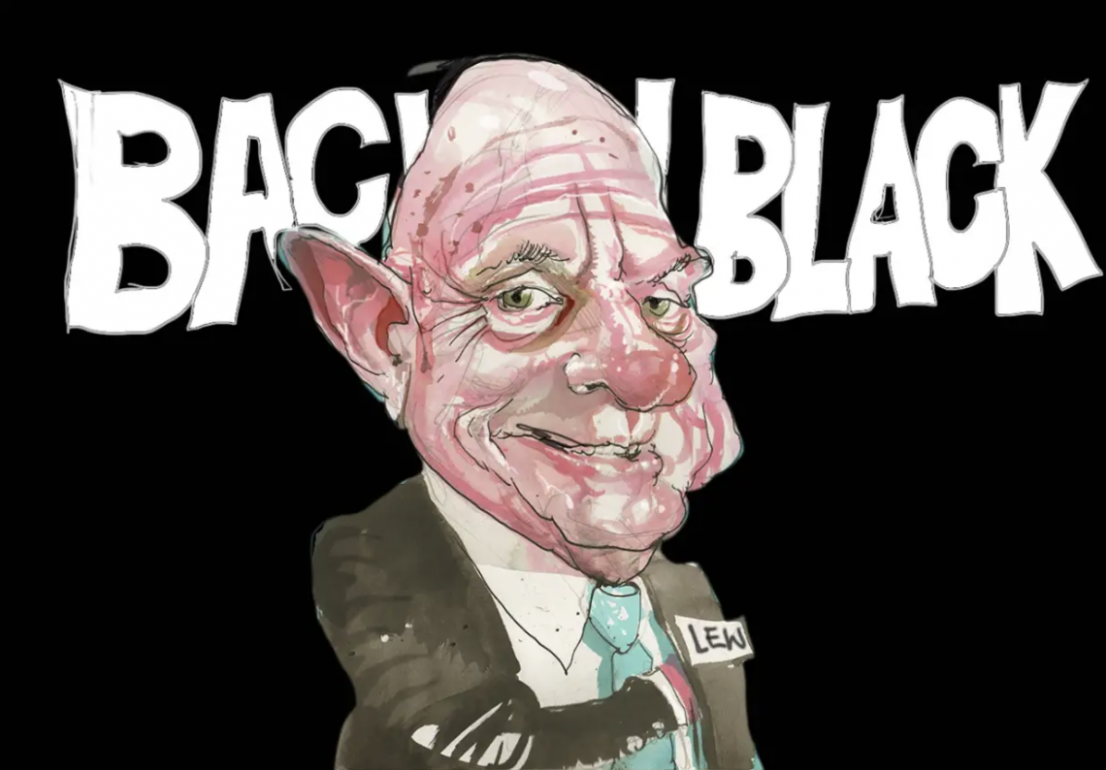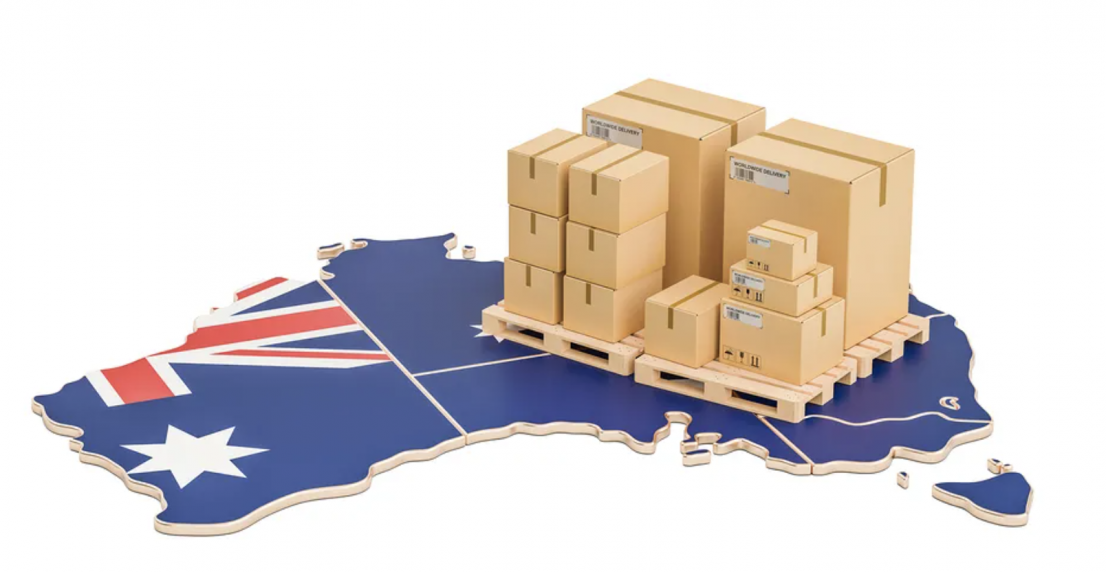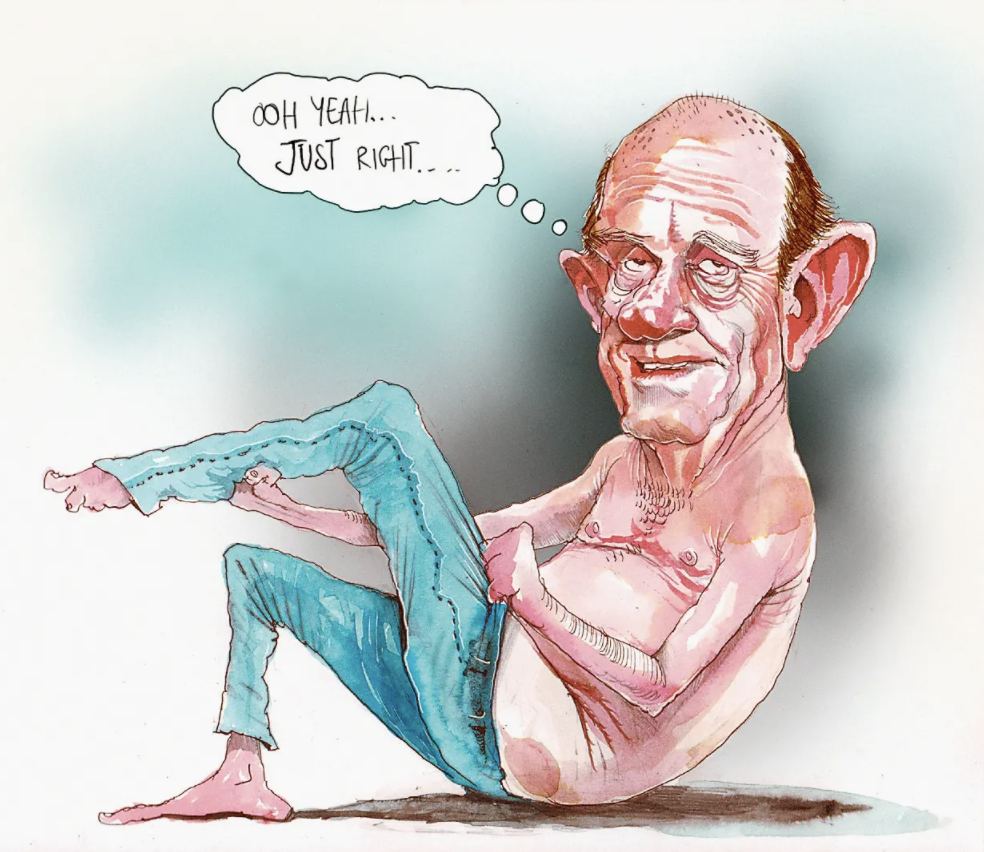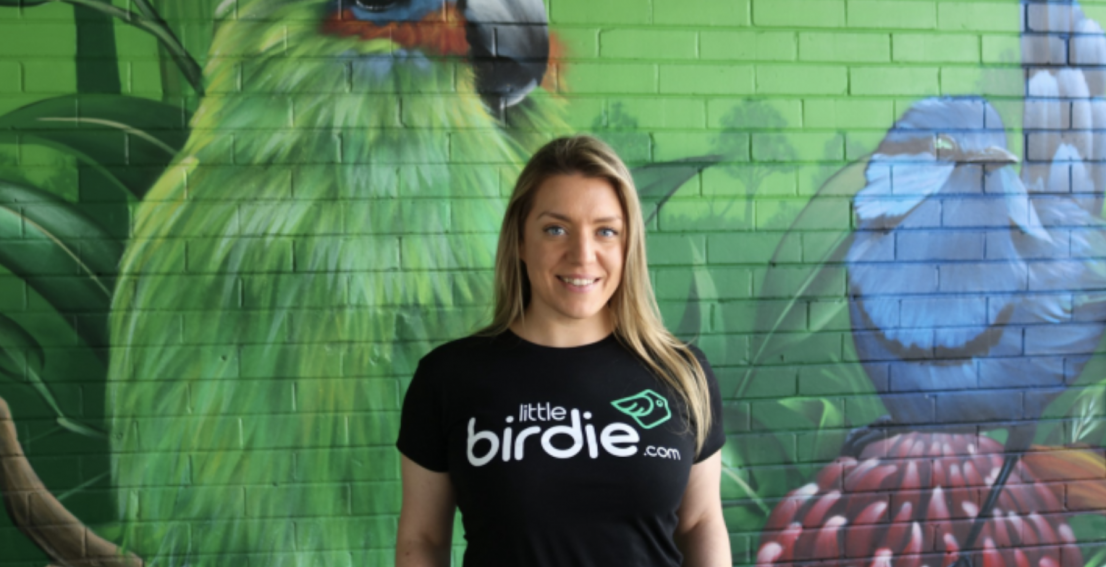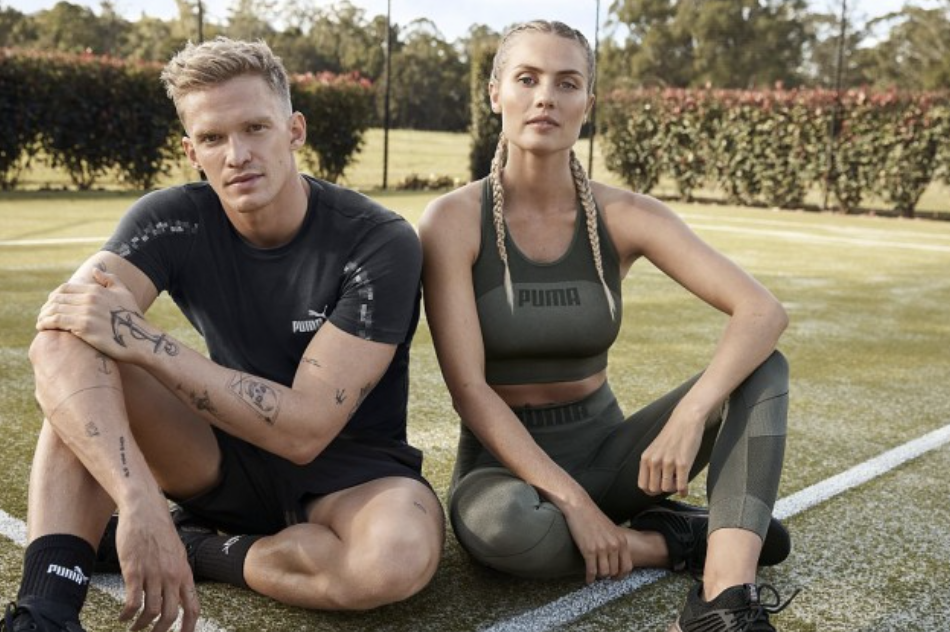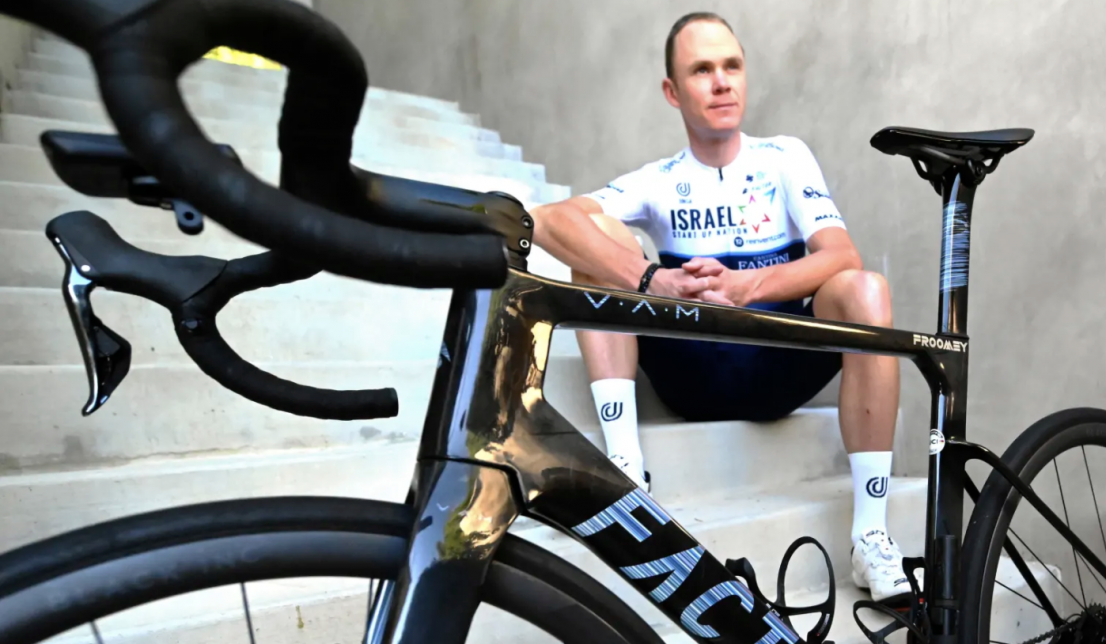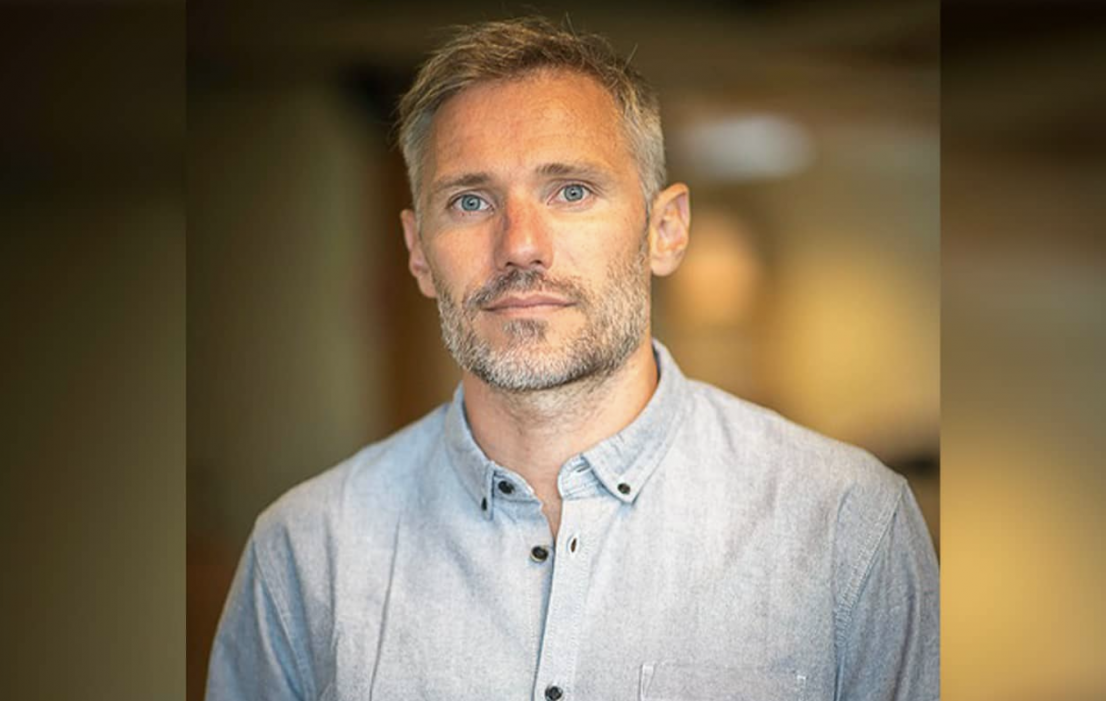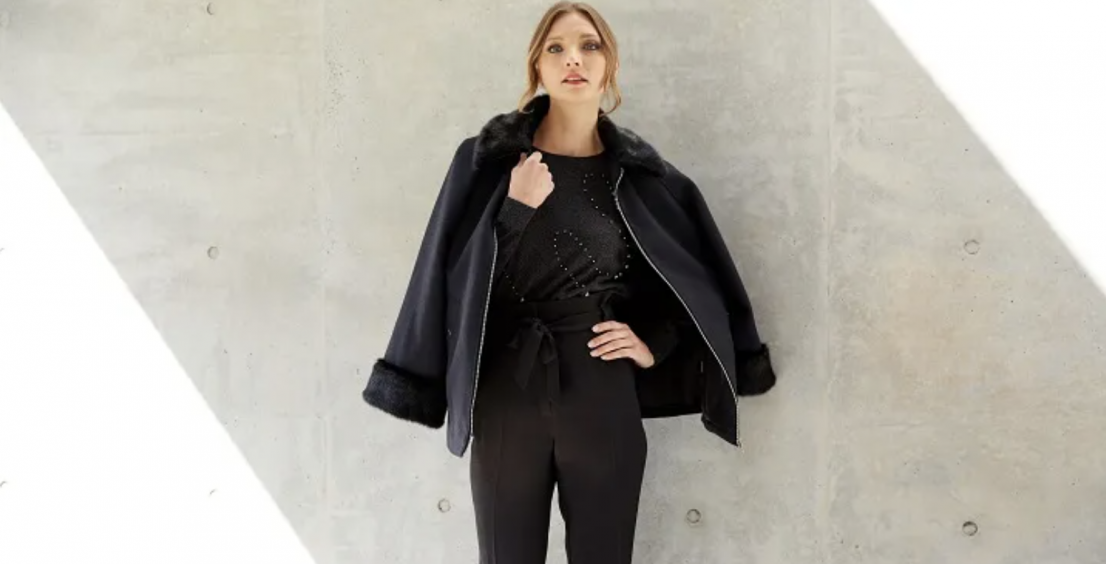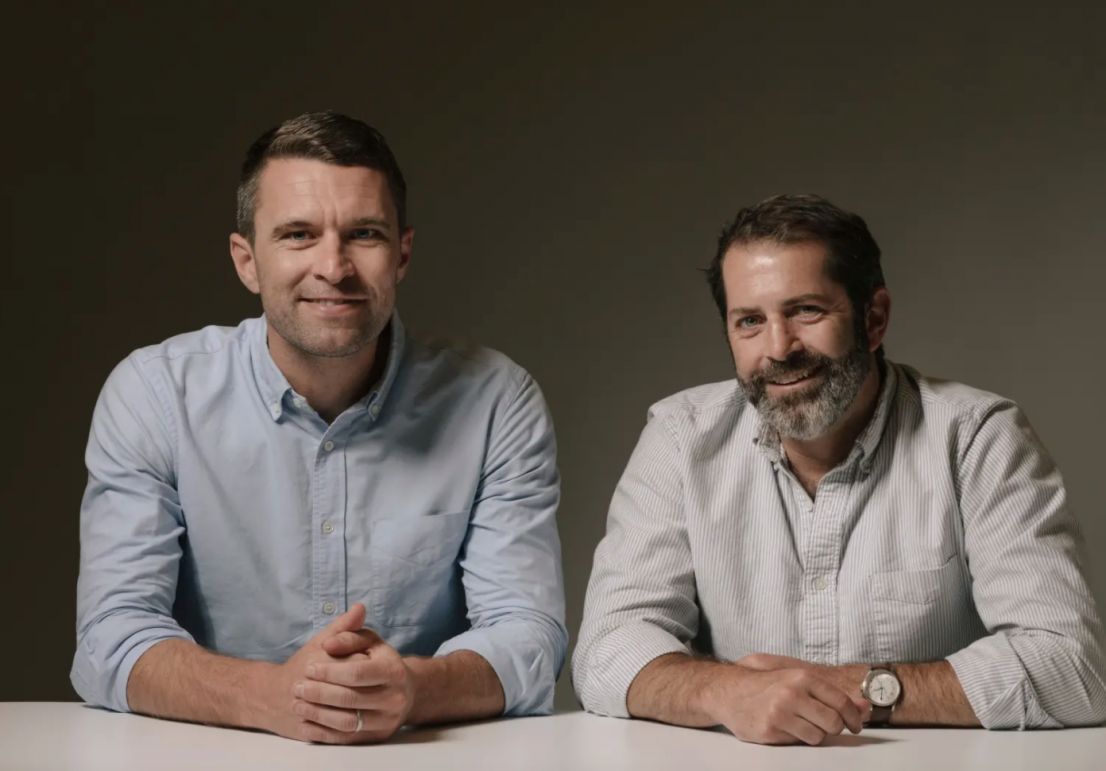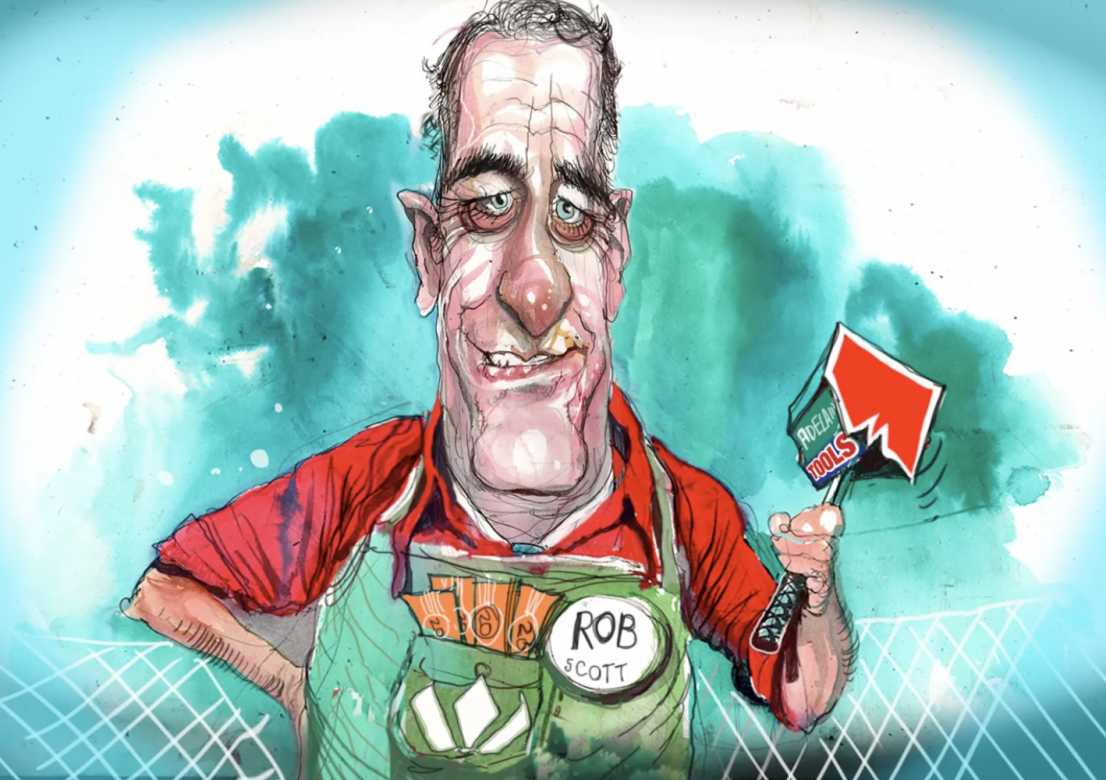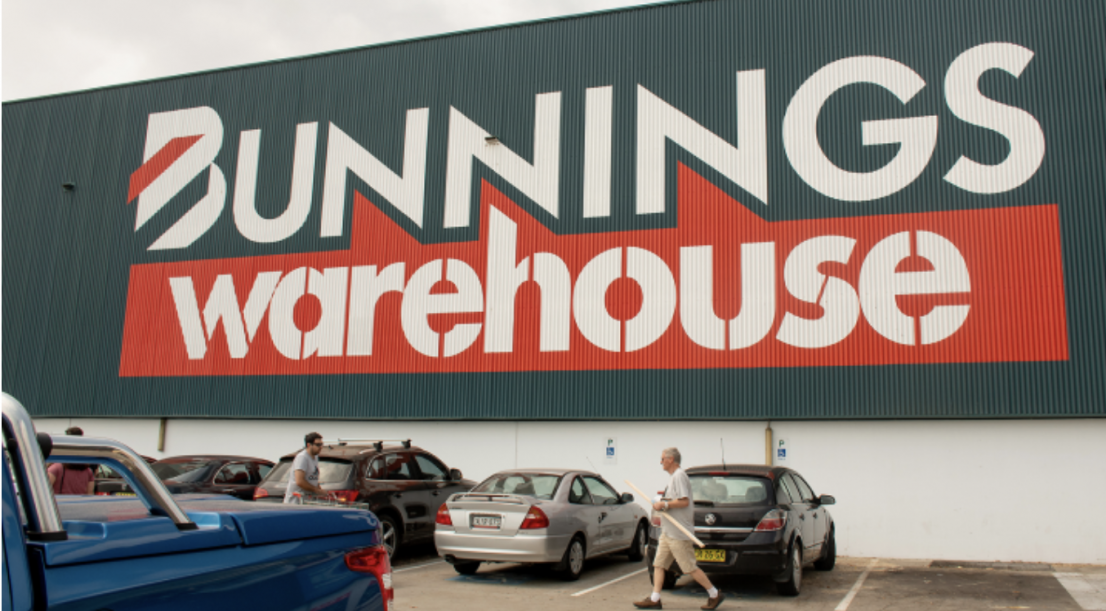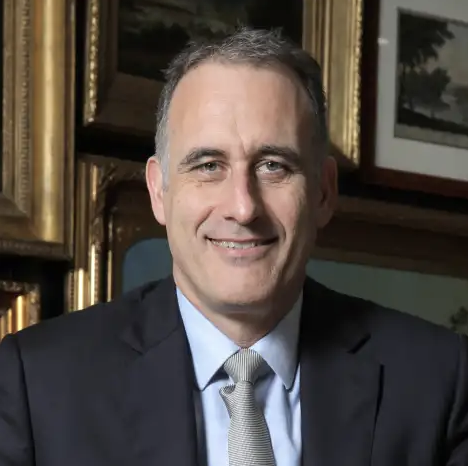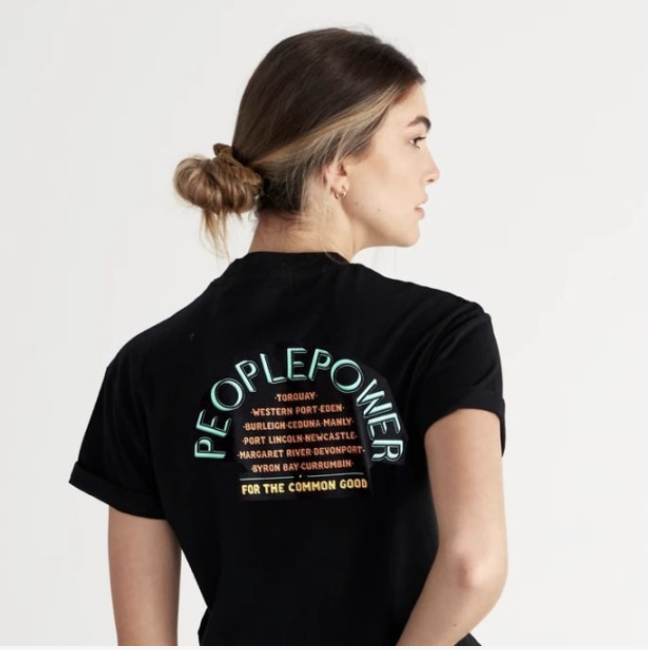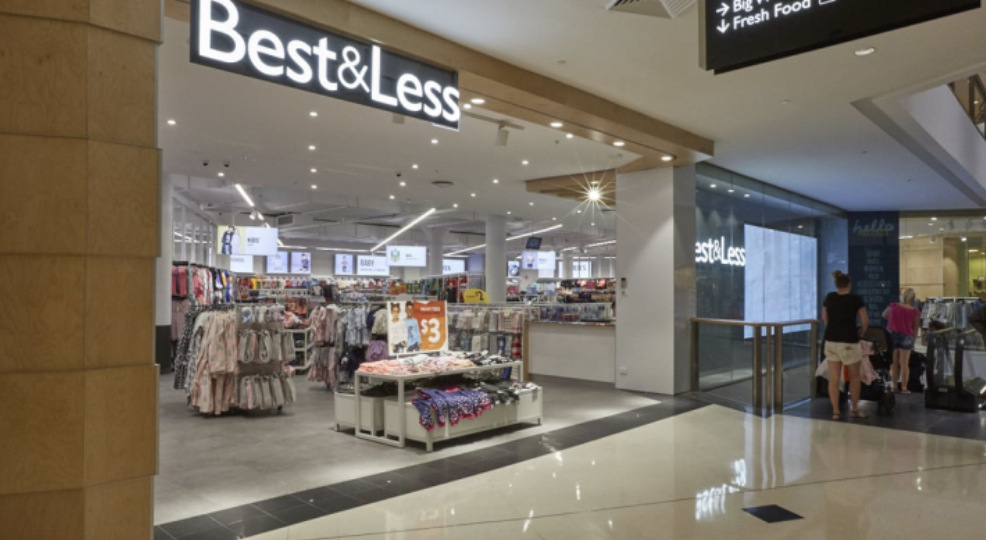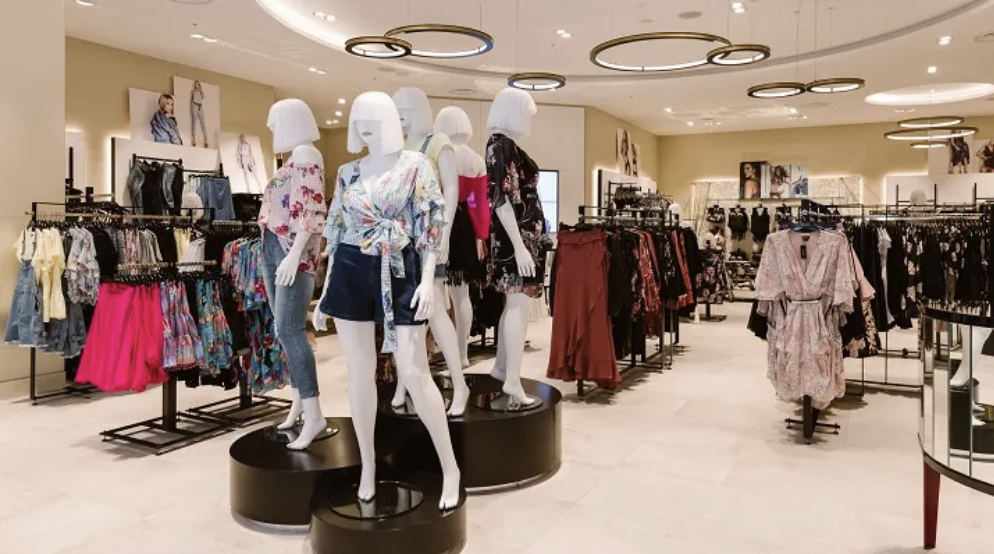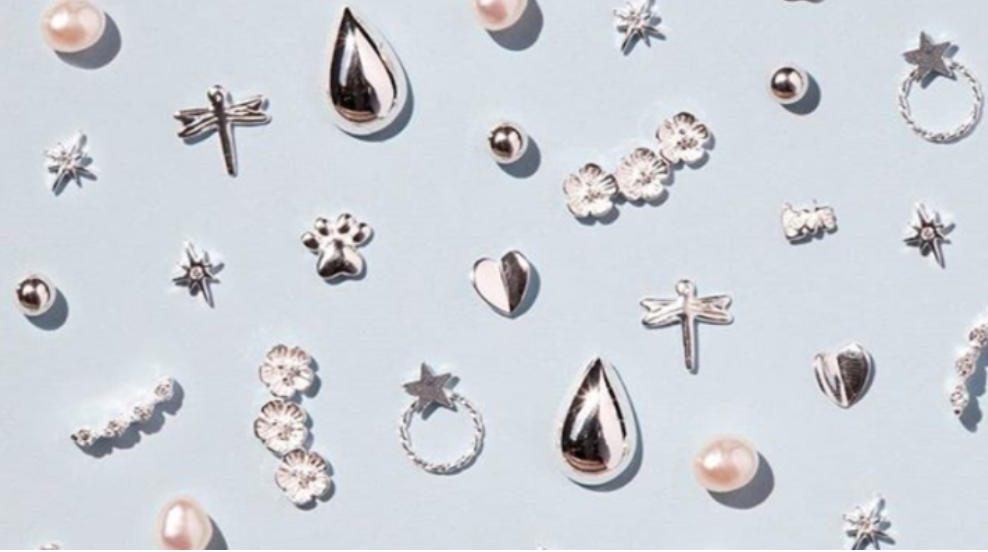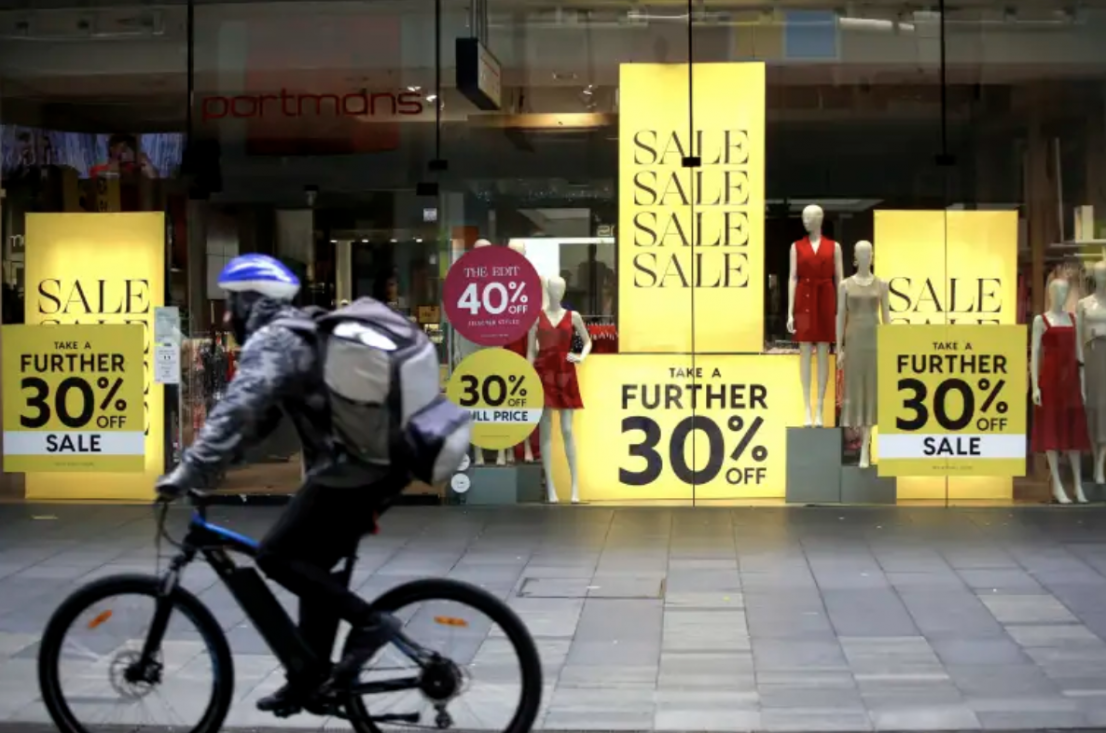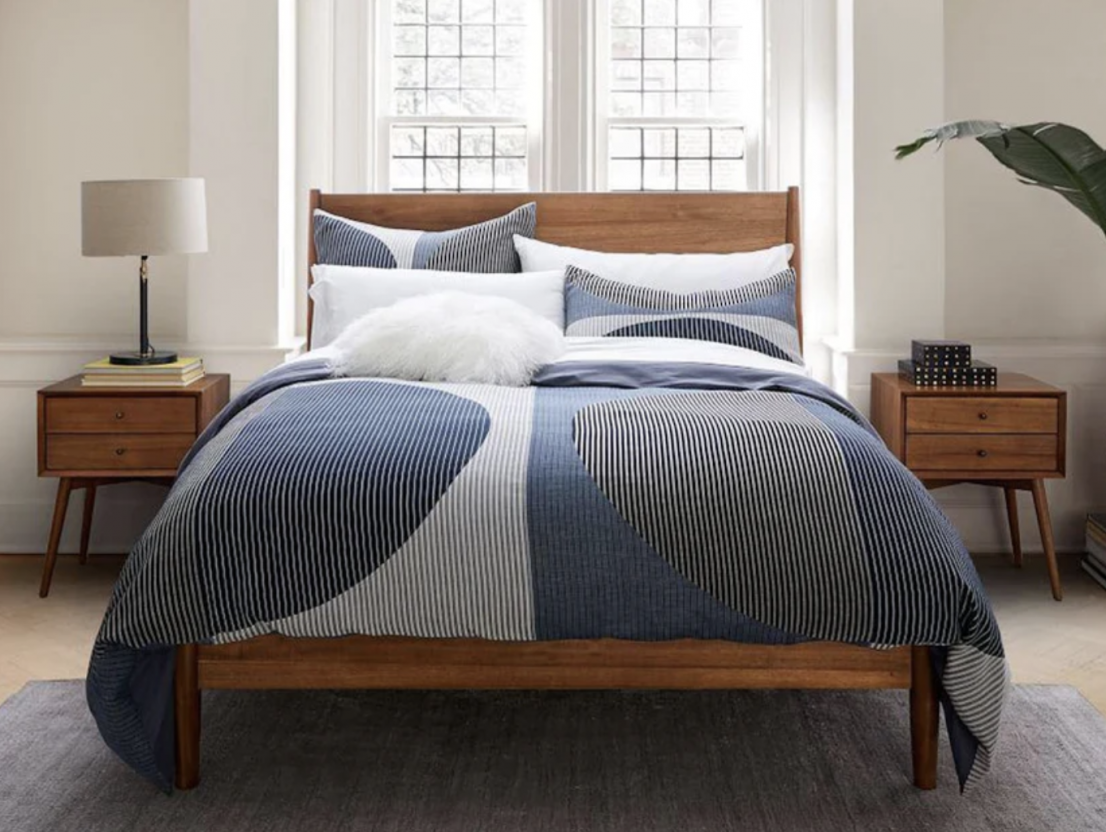
- Breeze Furniture is an Australian furniture subscription service.
- Customers are able to swap, return or keep the item as part of the subscription.
- There are three-month and six-month subscriptions available.
- Monthly payments go towards owning the product at the completion of the subscritpion.
If you’re always changing your mind when it comes to homewares because you aren’t able to visualise spaces like an interior designer does, Breeze Furniture is a furniture subscription service that feels like it was created with this mentality in mind.
Founded in Australia in 2019, Breeze Furniture allows customers to keep, swap or return their furniture purchases. Founder TJ Hoon told Business Insider Australia that he created the business after getting tired of how difficult it was to create a home he loved, including things like the “painful delivery and assembly process”, the amount of money needed all at once, and the hassle of dealing with old furniture when his needs changed.
With the average metropolitan household in Australia disposing of 24 kilograms of wooden furniture annually, Breeze exclusively partners with premium furniture suppliers who are aligned with its mission to keep furniture out of landfill.
Furniture partners include bedding leaders Eva, designer favourites LaForma and Tallira, and, most recently, West Elm. The West Elm range comprises of 70+ pieces and is a huge drawcard for new and existing customers, a base that has grown thanks to lockdown redecorating.
“Lockdown has resulted in many people spending more time and home than before, and also highlighted to many around the uncertainties around the future, both of which we believe have been tailwinds for our service, which offers convenient, affordable and flexible access to premium furniture,” Hoon told Business Insider Australia.
The service works by customers picking a plan which works for them – short-term or long-term – choosing the furniture, getting it delivered and assembled, and then deciding whether they want to swap, return or keep the item.
The short-term furniture subscription plan is a 3-month minimum at $12.95 per month and the long-term plan is a 6-month minimum – with the cost of the furniture added on top for both. At the end of the term, you choose what you would like to do with the item: swap, return or keep.
If you decide to hold onto the furniture chosen, your monthly instalments will contribute to the overall cost. It’s somewhat similar to a buy-now, pay-later service but (in some cases) with a longer timeframe. And, of course, you’re not locked into the purchase if you change your mind. You can also roll over the subscription on a month-by-month basis.
If you accidentally damage the furniture, Breeze Furniture offers free accidental damage insurance of up to $100, no matter what you’ve bought. If it exceeds that $100 mark, Breeze Furniture will assess the damage case-by-case and may charge a repair fee.
I recently used the service on the short-term plan to buy the West Elm Stagger Lamp (now sold out) and Parula Dresser, and am really satisfied with the quality of the product. While I wasn’t able to have the product assembled inside my house because of COVID-19 restrictions, it is an option to have it assembled outside the front door. Soon enough, it’ll be business as usual.
Hoon also told Business Insider Australia that another furniture partnership is about to be launched, although it’s still under wraps.


